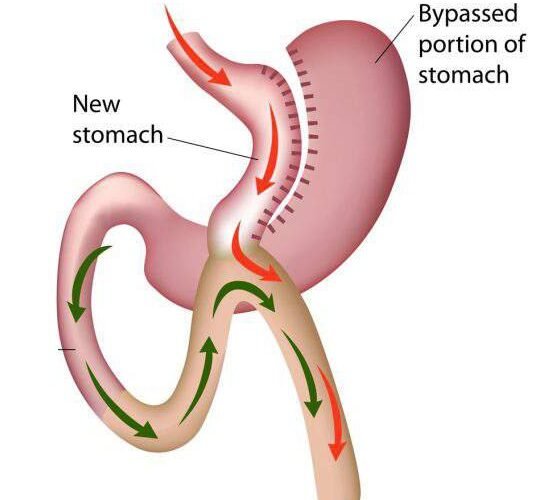Introduction:
Thrombocytopenia is a medical condition characterized by a low platelet count in the blood, leading to an increased risk of bleeding. Platelets play a crucial role in blood clotting and wound healing. In recent years, researchers have delved into the intricate relationship between thrombopoietin and estrogen levels, unraveling a hormonal perspective on thrombocytopenia. This article explores the interplay between these two factors and their implications for understanding and managing thrombocytopenia.
Thrombopoietin: The Master Regulator of Platelet Production
Thrombopoietin (TPO) is a glycoprotein hormone primarily produced in the liver and kidneys. It serves as the principal regulator of platelet production by stimulating the maturation of megakaryocytes, the precursor cells of platelets. TPO exerts its effects through binding to the c-Mpl receptor on the surface of megakaryocytes, triggering a cascade of events that ultimately leads to increased platelet production.
Estrogen’s Influence on Thrombopoiesis:
Estrogen, a key sex hormone primarily produced by the ovaries in females, has been found to exert a significant influence on thrombopoiesis—the process of platelet formation. Studies have shown that estrogen enhances the production of megakaryocytes and, consequently, increases platelet counts in the blood. The exact mechanisms underlying this phenomenon are complex and involve interactions at the molecular level, including estrogen receptor signaling pathways.
Crosstalk Between Thrombopoietin and Estrogen:
The intricate crosstalk between thrombopoietin and estrogen further complicates our understanding of platelet regulation. Research indicates that estrogen enhances the expression of the c-Mpl receptor on megakaryocytes, thereby amplifying the responsiveness to thrombopoietin. This positive feedback loop results in an augmented production of platelets, emphasizing the synergistic relationship between these two hormonal players.
Clinical Implications:
The interplay between thrombopoietin and estrogen levels holds significant clinical implications, particularly in the context of thrombocytopenia. Thrombocytopenia can arise from various causes, including decreased platelet production, increased platelet destruction, or sequestration. Understanding the hormonal factors influencing platelet production provides valuable insights for developing targeted therapeutic strategies.
Hormone Replacement Therapy (HRT):
Hormone replacement therapy (HRT), commonly used to address estrogen deficiency in postmenopausal women, has been observed to influence platelet counts. By modulating estrogen levels, HRT may impact thrombopoiesis and contribute to variations in platelet counts. Clinicians prescribing HRT should be aware of these potential effects, especially in individuals with pre-existing thrombocytopenia or those at risk of developing it.
Management Strategies:
Considering the hormonal perspective on thrombocytopenia, personalized management strategies may be tailored based on the patient’s hormonal profile. For instance, in cases where estrogen levels play a significant role in platelet regulation, hormonal interventions or adjustments in hormone-based therapies could be considered to optimize platelet counts. However, such approaches should be implemented cautiously, considering the broader implications on overall health.
Conclusion:
The crosstalk between thrombopoietin and estrogen levels unveils a fascinating hormonal perspective on thrombocytopenia. As researchers continue to unravel the intricate mechanisms governing platelet production, clinicians gain valuable insights for developing targeted interventions. The interplay between these hormones underscores the need for a holistic understanding of thrombocytopenia, paving the way for more effective and personalized treatment strategies in the future.
Thrombopoietin and its Implications in Thrombocytosis in Cushing’s Syndrome
how to treat glucagon imbalance naturally?
Glucagon, a hormone produced by the pancreas, plays a key role in regulating blood glucose levels. While medical interventions are.
Read More
The Unrecognized Detriments of Oxytocin and.
Introduction How our bodies work is fascinating, especially FAQ regarding hormones like oxytocin. Often called the “love hormone” or “trust.
Read More